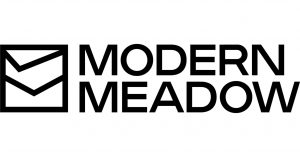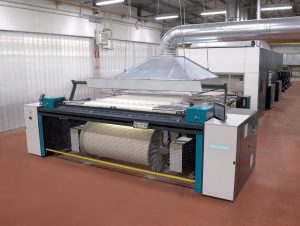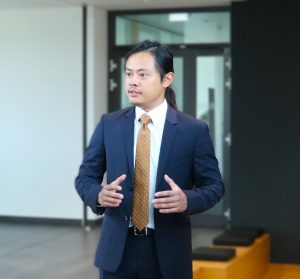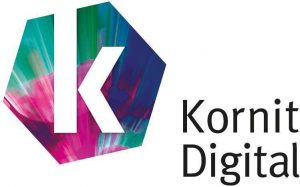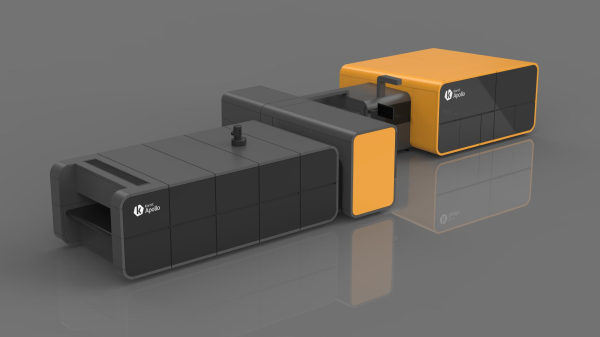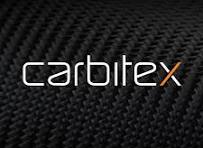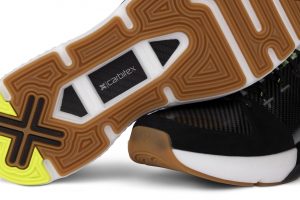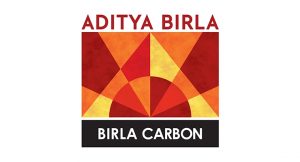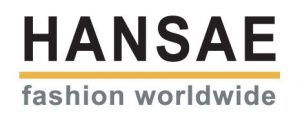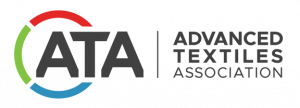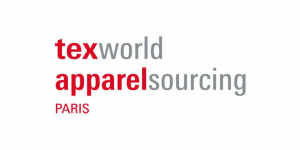![]() JYVÄSKYLÄ, Finland — October 17, 2024 — Spinnova and ASK Scandinavia collaborate to bring a naturally dyed handbag to the market in 2025. The visually striking yet practical work tote bag is made with fabric that contains 30-percent wood-based SPINNOVA® fibres and 70-percent cotton. The fabric has been dyed with Natural Indigo Finland’s natural dye, made from Paulig’s coffee waste. This is the first commercially available product containing SPINNOVA fibers colored with natural dyes. The bag will be available for pre-order at the end of 2024.
JYVÄSKYLÄ, Finland — October 17, 2024 — Spinnova and ASK Scandinavia collaborate to bring a naturally dyed handbag to the market in 2025. The visually striking yet practical work tote bag is made with fabric that contains 30-percent wood-based SPINNOVA® fibres and 70-percent cotton. The fabric has been dyed with Natural Indigo Finland’s natural dye, made from Paulig’s coffee waste. This is the first commercially available product containing SPINNOVA fibers colored with natural dyes. The bag will be available for pre-order at the end of 2024.
 Spinnova collaborates with ASK Scandinavia, a Helsinki-based premium brand that creates timeless and design-driven bags, to create a limited-edition work tote bag inspired by Nordic design. The bag design will integrate ASK Scandinavia’s minimalist style while ensuring the bag meets the highest standards of durability and usability, making it a staple for daily use.
Spinnova collaborates with ASK Scandinavia, a Helsinki-based premium brand that creates timeless and design-driven bags, to create a limited-edition work tote bag inspired by Nordic design. The bag design will integrate ASK Scandinavia’s minimalist style while ensuring the bag meets the highest standards of durability and usability, making it a staple for daily use.
The bag combines three sustainable innovators: Spinnova’s pioneering technology and textile fibers, ASK Scandinavia’s versatile Nordic design, and Natural Indigo Finland’s innovative coffee waste-based dyes. Each contributor supports the comprehensive approach to product sustainability.
Spinnova’s fibers have 74-percent fewer CO2 emissions and 98-percent less water usage than conventional cotton*. ASK Scandinavia’s timeless designs and quality materials ensure the longevity of the product lifecycle. Natural Indigo Finland’s dyes are extracted from waste coffee grounds, which do not contain as many toxins as synthetic dyes. The dyeing time is shorter, and the same batch of dyes can be utilized multiple times.
“We are honored to collaborate with pioneers like Spinnova and Natural Indigo Finland, whose innovations are setting new standards in fashion. At ASK Scandinavia, we are committed to lowering the industry’s environmental impact by integrating next-gen materials that replace conventional, non-renewable resources. By combining Spinnova’s revolutionary fibre technology with natural dyes made from coffee waste, we’re demonstrating a forward-thinking approach to responsible design. This collaboration isn’t just about aesthetics—it’s about proving how impactful partnerships can actively drive the shift toward a lower-impact fashion industry,” says Anette Cantagallo, director of Design and Sustainability at ASK Scandinavia.
“We are excited about collaborating with a timeless Nordic brand to launch a product in a new application category: handbags. Using natural dyes to create the bag’s color highlights the comprehensive sustainability approach considered during the design phase. We set out to explore the versatility of Spinnova’s fiber in different applications and dyeing methods, and are very satisfied with the result,” commented Shahriare Mahmood, chief product and sustainability officer at Spinnova.
A limited edition of the tote bags will be available for pre-order at the end of 2024 and in ASK Scandinavia’s online store in 2025. The bag design will be revealed at the product’s launch.
*Figures are based on projected, third-party emission calculation (2022) for the joint venture Woodspin’s factory in Jyväskylä, Finland. The figures include raw material supply, transportation of raw materials, and manufacturing of the product (cradle-to-gate). The ecoinvent dataset 3.9.1 has been used for the global average emissions of conventional cotton.
Posted: October 18, 2024
Source: SPINNOVA PLC

